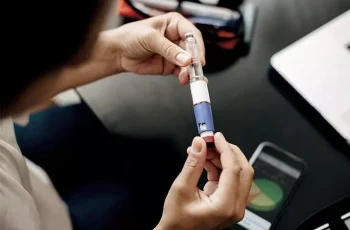Depression is a complex mental health condition affecting millions globally, with its origins rooted in psychological, biological, and socio-economic factors. Chronic stress significantly contributes to depression by dysregulating the hypothalamic-pituitary-adrenal (HPA) axis, impairing brain function. Low self-esteem and negative self-perceptions can trap individuals in cycles of self-criticism, while traumatic experiences, particularly during childhood, increase vulnerability to depression.

Biologically, genetics play a crucial role; those with a family history of depression face higher risks. However, research on specific genetic factors remains inconclusive. Chronic medical conditions can also catalyze depression, and some medications may paradoxically induce depressive symptoms, highlighting the need for open communication with healthcare providers.
Social determinants of health, such as socio-economic disparities, significantly impact mental health. Individuals with lower incomes often experience heightened stress and limited access to mental health services, increasing their risk of depression. Gender inequities contribute to higher depression rates in women, influenced by discrimination and caregiving burdens. Additionally, systemic racism places marginalized communities at greater risk.
Age influences depression prevalence, with younger adults (18-29) reporting higher symptoms due to societal pressures, while middle-aged individuals face different challenges. Physical activity and sleep patterns are also critical; insufficient exercise can worsen depressive symptoms, while consistent activity serves as a protective factor. Irregular sleep patterns heighten depression risk, emphasizing the importance of stable routines.
Understanding the intricate network of risk factors for depression is essential for addressing the mental health crisis. Individuals experiencing depressive symptoms should seek assistance from healthcare professionals, as proactive approaches and access to mental health resources can foster resilience and healing.




